Electronics and Communication Engineering plays an evolutional role in everyday’s human life. The ECE department has a vital role in enriching the knowledge and career opportunities for the students. Highly qualified and dedicated faculty members. Well equipped laboratory facilities of modern tools and latest software.
VISION
To create globally competent engineers in Electronics and Communication Engineering to meet the industrial progress for betterment of the society.
MISSION
● To create an academic ambience for quality education in the field of Electronics and Communication Engineering.
● To make the best use of modern tools and software for teaching and research activities.
● To promote industry-institution interaction for skill based learning of students from rural society.
● To inculcate moral and ethical values with a sense of professionalism.
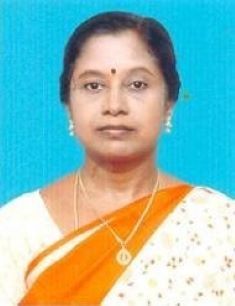
At our department, we are committed to providing a dynamic and enriching academic environment that fosters innovation, technical excellence, and research-driven learning. Our dedicated faculty members, state-of-the-art laboratories, and strong industry collaborations ensure that our students gain both theoretical knowledge and practical experience, equipping them for successful careers in engineering.
We take pride in our tradition of academic excellence and our efforts to stay ahead in emerging technologies. Our focus is not just on imparting knowledge but also on nurturing creativity, critical thinking, and problem-solving skills among students. We encourage interdisciplinary research, hands-on projects, and industrial exposure to prepare our graduates for real-world challenges.
With a strong emphasis on holistic development, we aim to mold our students into skilled professionals and responsible engineers who contribute to the advancement of society. I invite you to explore our department, engage in its vibrant academic culture, and be part of our journey toward excellence.
HOD
| Name | Qualification | Designation |
|---|---|---|

|
M.Tech.,Ph.D. | Professor & HOD |
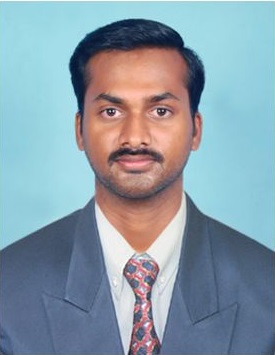
|
M.Tech.,Ph.D. | Professor |
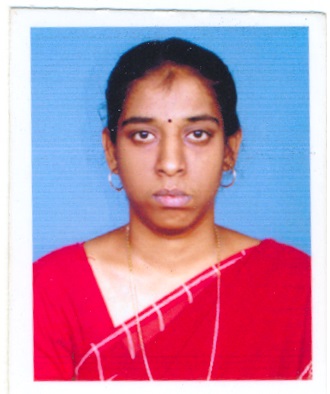
|
M.E.,Ph.D. | Associate Professor |

|
M.E., Ph.D. | Associate Professor |
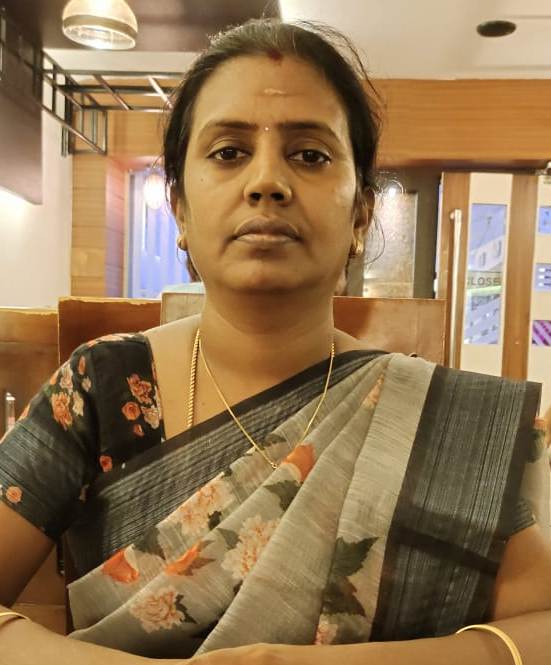
|
M.E., Ph.D. | Assistant Professor |

|
M.Tech., Ph.D. | Assistant Professor |

|
M.Tech., (Ph.D.) | Assistant Professor |
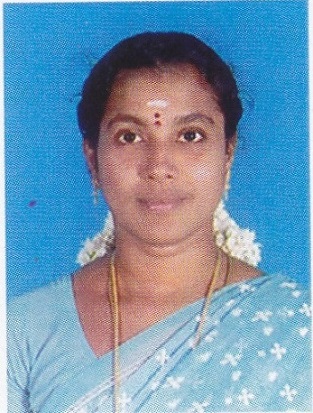
|
M.Tech. | Assistant Professor |

|
M.Tech. | Assistant Professor |
| Name | Qualification | Designation |
|---|---|---|

|
D.E.E.E. | Technical Assistant |

|
B.E. | Technical Assistant |

|
- | Office Assistant |
Programme Educational Objectives (PEOs)
PEO 1: To provide the students with a strong foundation in the required sciences in order to pursue studies in Electronics and Communication Engineering.
PEO 2:To gain adequate knowledge to become good professional in electronic and communication engineering associated industries, higher education and research.
PEO 3:To develop attitude in lifelong learning, applying and adapting new ideas and technologies as their field evolves.
PEO 4:To prepare students to critically analyze existing literature in an area of specialization and ethically develop innovative and research oriented methodologies to solve the problems identified.
PEO 5:To inculcate in the students a professional and ethical attitude and an ability to visualize the engineering issues in a broader social context.
Programme Outcomes(POs)
1. Engineering knowledge: Apply the knowledge of mathematics, science, engineering fundamentals and an engineering specialization to the solution of complex engineering problems.
2. Problem analysis: Identify, formulate, review research literature, and analyze complex engineering problems reaching substantiated conclusions using first principles of mathematics, natural sciences, and engineering sciences.
3.Design / development of solutions: Design solutions for complex engineering problems and design system components or processes that meet the specified needs with appropriate consideration for the public health and safety, and the cultural, societal, and environmental considerations.
4.Conduct investigations of complex problems: Use research-based knowledge and research methods including design of experiments, analysis and interpretation of data, and synthesis of the information to provide valid conclusions.
5. Modern tool usage: Create, select, and apply appropriate techniques, resources, and modern engineering and IT tools including prediction and modeling to complex engineering activities with an understanding of the limitations.
6. The engineer and society: Apply reasoning informed by the contextual knowledge to assess societal, health, safety, legal and cultural issues and the consequent responsibilities relevant to the professional engineering practice.
7. Environment and sustainability: Understand the impact of the professional engineering solutions in societal and environmental contexts, and demonstrate the knowledge of, and need for sustainable development.
8. Ethics: Apply ethical principles and commit to professional ethics and responsibilities and norms of the engineering practice.
9. Individual and team work: Function effectively as an individual, and as a member or leader in diverse teams, and in multi disciplinary settings.
10. Communication: Communicate effectively on complex engineering activities with the engineering community and with society at large, such as, being able to comprehend and write effective reports and design documentation, make effective presentations, and give and receive clear instructions.
11. Project management and finance: Demonstrate knowledge and understanding of the engineering and management principles and apply these to one‘s own work, as a member and leader in a team, to manage projects and in multidisciplinary environments.
12.Life-long learning: Recognize the need for, and have the preparation and ability to engage in independent and life-long learning in the broadest context of technological change.
PROGRAM SPECIFIC OBJECTIVES (PSOs)
PSO1: Design, develop and analyze electronic systems through application of relevant electronics, mathematics and engineering principles
PSO2: Design, develop and analyze communication systems through application of fundamentals from communication principles, signal processing, and RF System Design & Electromagnetics.
PSO3: Adapt to emerging electronics and communication technologies and develop innovative solutions for existing and newer problems.